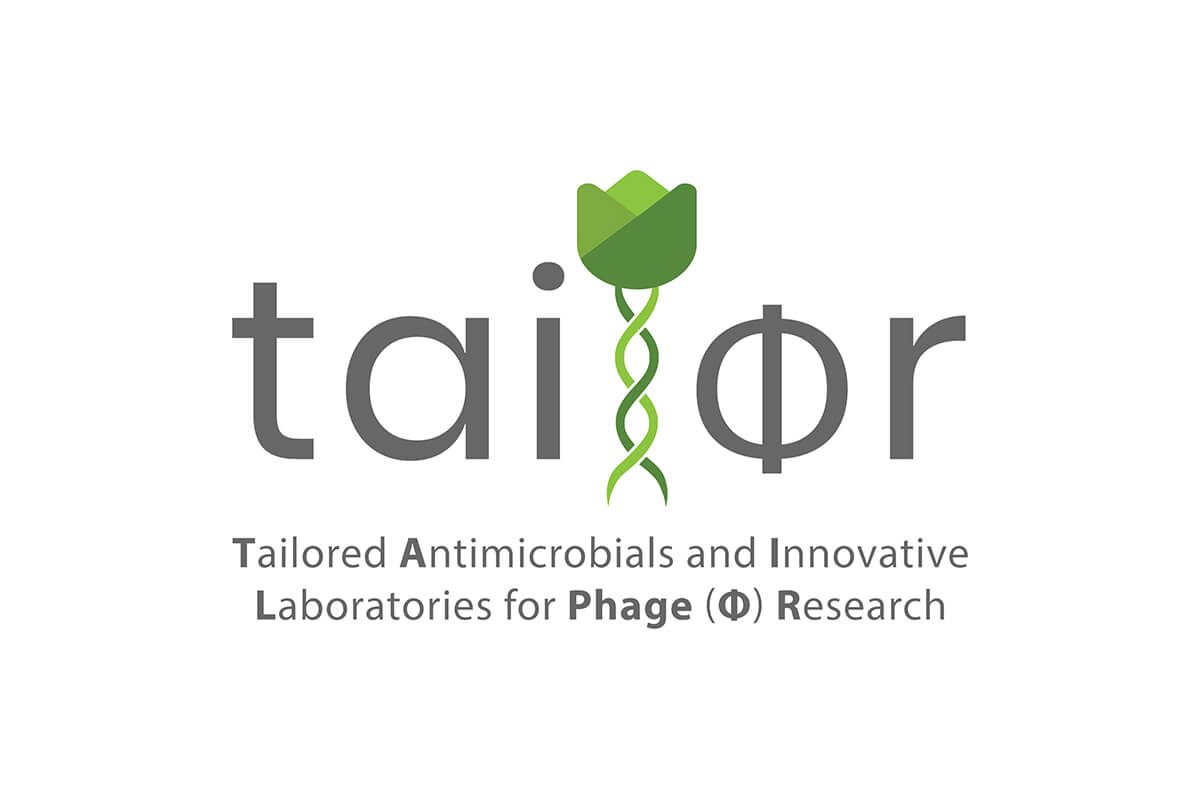How did you first get involved with phage research? What do you find most interesting about phages or phage therapy?
To some degree, we have always been interested in this topic. But only recently, the last five years or so did we ramp up our efforts. Really, our interest grew as the antimicrobial resistance crisis grew.
We remain in awe of the adaptability and evolvability of all life forms, especially microbes. The reason we keep having trouble with bacteria is not because we cannot come up with ways to stop them, it’s because they evolve to overcome these ways so fast. Their ability to change, essentially mutate, is their greatest attribute. In a population of billions of cells, theoretically only one is needed to overcome an antibiotic or vaccine; once it arises, natural selection chooses it to dominate the new ecological landscape. Then it spreads.
This is why phage research is so intellectually appealing – they compete in the original predator-prey dynamic – an evolutionary experiment as old as life itself that you can observe in real time; and, like bacteria, they mutate and evolve too. If we can harness this evolvability in a specific way, what we sometimes call in the lab “directed evolution”, we can adapt phage as quickly to their bacterial hosts as bacteria can adapt to our current antibiotics, if not faster.
Can you talk about the TAILΦR project at BCM. How is this going to change the state of phage therapy in the US today?
TAILΦR (Tailored Antibacterials and Innovative Laboratories for phage (Φ) Research) is an academic, Baylor College of Medicine initiative dedicated to phage research, therapy, and technologies. We strive to foster a collaborative environment between academia, industry, and medicine.
Bacteria change, but our medicines, like antibiotics, do not. Penicillin has the same structure it had when it was first synthesized in the 1940s. This idea explains the modern antibiotic resistance crisis. Evolutionary adaptation drives bacterial resistance to all of our drugs, vaccines, and engineering controls. When it comes to treatment, bacteria are a microbial “moving target”. We need medicines that adapt and change quickly to hit that moving target. TAILΦR was founded because we believe in a personalized, rapid approach whereby we use phage developed specifically against the patient’s strain as a means to their therapy. We bank these phages and classify them by type of infection and the institution they come from. The objective is to generate the largest bank of adapted and tailored phages to all bacterial infectious disease problems and allow physicians around the world access to this bank to help solve their own patients’ problems.
If resistance arises during therapy, we will use our directed evolution procedure and technologies to identify new phages that target the resistant strains. We specifically seek phages that have enhanced activity and work in the microenvironments where the infection occurs – blood, urine, sputum, at the mucosal surface, on catheters, or on prosthetics. We also search for phages with enhanced activity towards biofilms and/or edit “bad” bacteria from our diseased microbiomes. Also, we have a high-throughput method to screen for antibiotics and phage that synergize with each other. We believe this phage-antibiotic “1-2 punch”, using adapted phage with antibiotics targeted to a specific type of infection, give the best chance at clinical success.
Bacterial resistance to antibiotics and phage therapy is inevitable, but a personalized approach maximizes a phage’s capacity for change to constantly antagonize their bacterial targets. We will work with doctors, hospitals, insurance companies, and regulatory agencies to advocate for this personalized approach while developing the methodologies, facilities, and libraries to make it successful.
Frankly, all medicine will eventually head in this direction. We already see it with cancer therapy (T-cell for example) and the use of gene therapy to fix very specific mutations in one’s genome. TAILΦR is essentially the infectious diseases version of this approach. We hope to provide a model for all medicine to follow.
Have you started makes phages for patients? Treating patients?
Yes, we have at least a dozen or more cases ongoing at this time and each of them is a little different and brings its own challenges.
TAILΦR itself, as a unit, does not treat patients. Specifically, we are a collection of scientists that discover, characterize, and evolve phages for potential treatment, create and vet therapeutic cocktails, then ship therapeutic-quality cocktails to the treating physicians. Our main purpose is to use our skillset and expertise to offer hope, essentially to lay the basic science foundation for making informed decisions.
Who is funding this project?
TAILΦR is funded by the Baylor College of Medicine, foundational grants, and contracts with companies. The leadership of BCM is outstanding. They are always open to creative ideas to push medicine’s boundaries forward. They are the main reason TAILΦR can flourish in these early stages. We are also building a fee-for-service arm to consistently supplement these resources on an “at-cost” basis.
Are you looking to work with collaborators?
We have several partners already, but we are actively seeking industrial and pharma partners to help take these approaches to the next level. If there are companies that wish to develop our adapted phages for specific bacterial problems, we welcome working with them. Like all new medicines, pharma ultimately brings them to the market for large-scale use. Our objective is to give pharma the very best chance at having phage survive the rigors of clinical trials. We welcome collaborations with anyone – scientists, doctors, hospitals, institutions, and companies.
Please contact us at [email protected].






